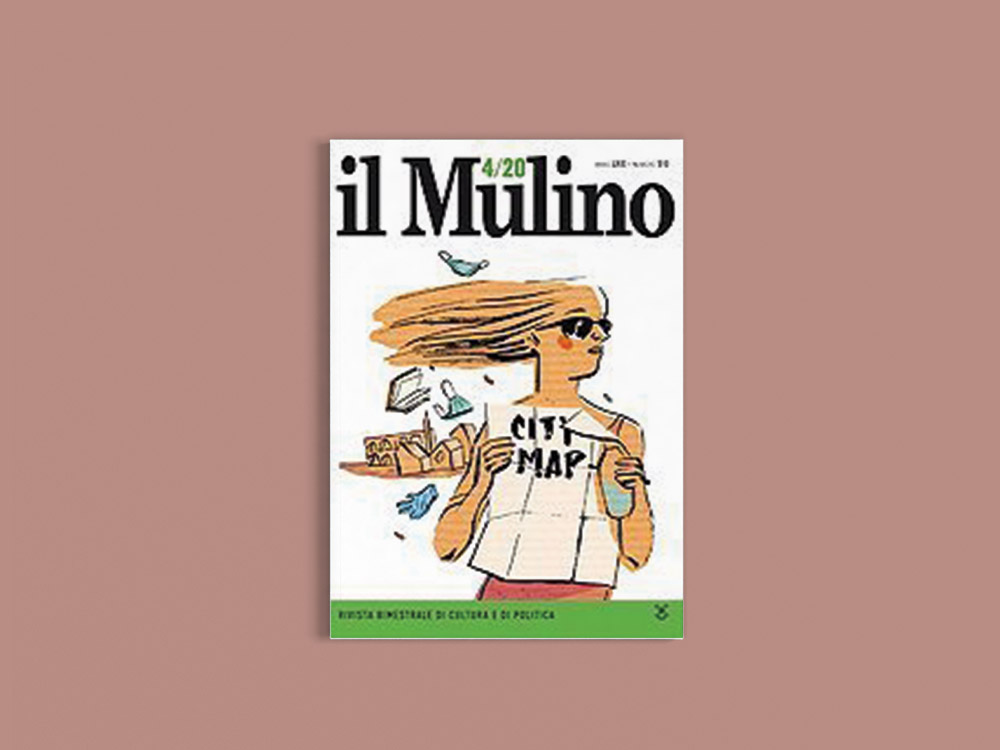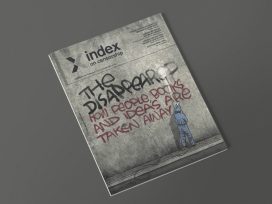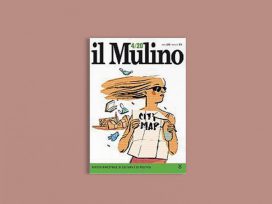‘The pandemic remains – and will remain for long – the background of political choices at all levels’, write Il Mulino’s editors. In these exceptional times, we cannot simply focus on ‘how to best apply available remedies to known problems’. Instead, what is under discussion is ‘a whole heritage of rules and values’.
Care cities
Elena Granata investigates the radical changes that the pandemic has brought to the temporality and spatiality of our daily lives. We have been forced to ‘rediscover close relationships and to become more stationary’, she writes. Cities need to be rethought on a more human scale – as villes du quart d’heure, to use the phrase coined by the mayor of Paris, Anne Hidalgo. This ‘miniaturization of territory’ provides an opportunity for medium-sized cities to reinvent themselves as distinct from large metropolitan centres. These smaller urban centres could become ‘care cities’, whose hallmarks are social protection, inclusion, rights and equity.
Taxing property
The importance of having comfortable living space has become even more obvious during the lockdown, as families bear the strain of distance learning and working from home. But in Italy, where available housing has exceeded the number of households since the 1980s, building is not the solution to the housing problem. On the contrary, write Marianna Filandri and Giovanni Semi, ‘there are more and more families who own real estate that they do not use and do not rent’. What is needed is a tax reform that distinguishes between private persons who invest their savings in real estate and professional operators who extract profit from the housing market.
Omnipresent heritage
The modern meaning of ‘heritage’ emerged soon after the French Revolution, when iconoclastic fury was replaced by the desire to preserve the past in the name of France’s glory and the education of its people, writes historian François Hartog. Historical monuments became the highest expression of this idea.
However, since the 1970s, heritage has no longer been the sole prerogative of the state. A process of ‘patrimonialization’ has taken place, in which heritage is invented in order to provide cultural anchors. Now, ‘everything, or almost everything, is in danger of becoming heritage, and very quickly’. The result is an ‘omnipresent present’ where heritage has a value only if it produces an emotional response. ‘History is considered the auxiliary science of a memory (almost) entirely based on affect’, Hartog argues.
This article is part of the 18/2020 Eurozine review. Click here to subscribe to our weekly newsletter to get updates on reviews and our latest publishing.






















